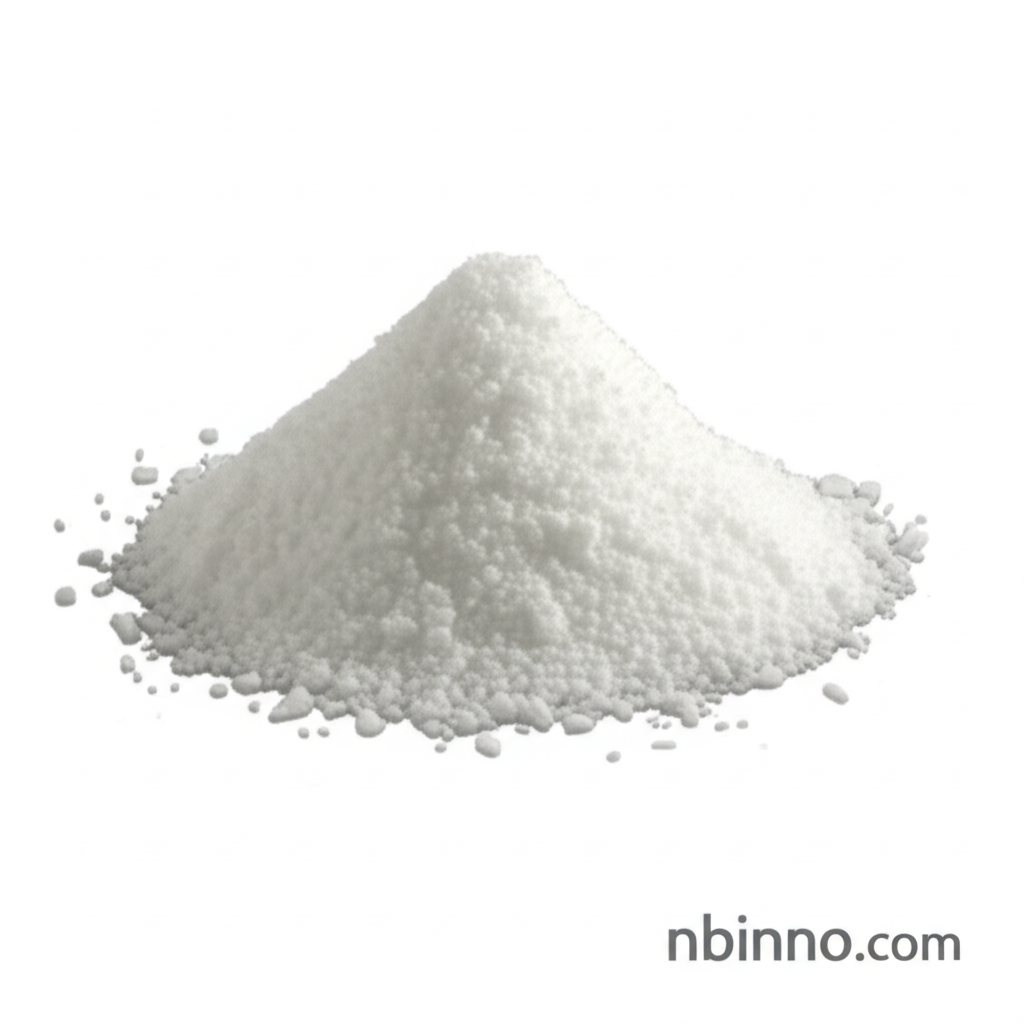Hydrazine Monohydrochloride: A Versatile Organic Synthesis Intermediate
Discover the essential properties and broad applications of Hydrazine Monohydrochloride in modern chemistry.
Get a Quote & SampleProduct Core Value

Hydrazine Monohydrochloride
Hydrazine Monohydrochloride is a highly valuable intermediate in organic synthesis, serving as a crucial hydrogen source and reducing agent. Its well-defined chemical properties and high purity make it indispensable for a wide range of chemical transformations.
- Leverage Hydrazine Monohydrochloride's role as a key reducing agent in various organic reactions to achieve efficient chemical transformations and synthesize complex molecules.
- Explore the versatile applications of hydrazine hydrochloride in analytical chemistry for precise detection and quantification of substances through colorimetric reactions.
- Understand the preparation and chemical properties of hydrazine monohydrochloride to ensure optimal usage in your laboratory or industrial processes.
- Benefit from the use of hydrazine monohydrochloride for organic synthesis, facilitating the creation of diverse heterocyclic compounds like pyrazoles.
Advantages of Hydrazine Monohydrochloride
High Purity and Consistency
With a purity of 99% min, buy hydrazine monohydrochloride for reliable and reproducible results in all your chemical synthesis endeavors.
Versatile Reactivity
As an effective hydrazine hydrochloride reducing agent, it is instrumental in deoxygenation, nitro reduction, and other critical organic reactions.
Broad Application Spectrum
From intricate organic synthesis to precise analytical chemistry, the hydrazine monohydrochloride applications are extensive across scientific disciplines.
Key Applications
Organic Synthesis
Utilize Hydrazine Monohydrochloride as a primary building block and reagent in the synthesis of organic compounds, especially in creating heterocyclic structures.
Analytical Chemistry
Its properties as a reducing agent make it valuable in hydrazine monohydrochloride analytical chemistry for various testing and assay procedures.
Metal Surface Treatment
The compound aids in metal cleaning, rust removal, and corrosion protection by forming protective films, highlighting its utility in metal surface treatment.
Research & Development
Serve as a fundamental reagent for laboratory research, enabling groundbreaking discoveries in hydrazine hydrochloride organic reactions and new material development.
